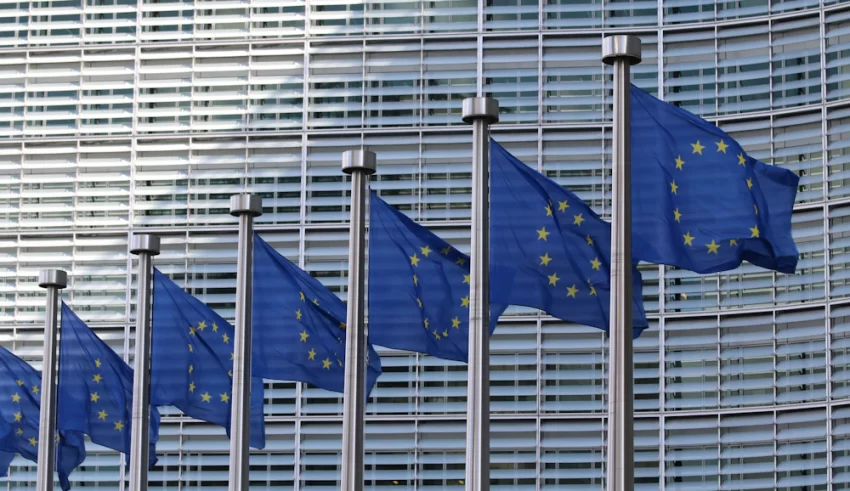
The European Union needs to balance the need for enhanced cybersecurity with a strong and competitive economy. The proposed European Union Cloud Services (EUCS) regulations present a series of unintended consequences that could significantly impact the EU’s international relations. Policymakers must reassess their approach to this regulation to ensure continued good trade relations.
First, the sovereignty requirements under the EUCS proposal threaten to significantly disrupt European businesses and potentially negatively impact the EU’s digital transformation. The requirement that cloud service providers have their headquarters in the EU and are not controlled by non-EU entities poses a severe risk to the European economy. This disruption compromises cybersecurity and threatens the European Union’s economic stability and competitiveness.
Moreover, the current draft mandates that corporations store European data within the EU and restrict data access to personnel within the Union to obtain high-level certification, which limits foreign corporations’ market access. This could drive away cloud service providers outside the EU, such as companies from countries like Australia, Japan, Canada, and the United States. For instance, American cloud corporations like Amazon Web Services, Google Cloud, and Microsoft Azure may be severely restricted in the EU under this regulation. The exclusion of these providers would limit the choices available to European businesses. Moreover, it deprives them of using world-leading technologies and services necessary to compete in the global market. This impact on critical sectors, like healthcare and public administration, would be significant, where secure and efficient cloud services are crucial. For example, the healthcare sector relies on cloud services to store sensitive data. Limiting providers could increase costs but also compromise the security and efficiency of data management, possibly affecting patient data protection.
The EUCS has a significant impact on international relations. Imposing strict sovereignty requirements may alienate key allies and trading partners. In an era where global cooperation is essential, especially in cybersecurity, facilitating conflict could isolate the EU. Future policies should aim to improve the European Union’s international reputation rather than risk it.
Furthermore, the potential violation of the EU’s trade obligations under the World Trade Organisation’s Government Procurement Agreement is a significant legal risk. By introducing this regulation that is perceived as discriminatory, the EU may face legal challenges and sanctions. This would stain the EU’s reputation for regulatory compliance but also weaken the EUs negotiating position in future trade agreements.
The EUCS’s protectionist nature sets a dangerous precedent. Should other nations follow suit, European companies may not be able to export and invest in their cloud services. Policymakers must reassess the cloud solutions European businesses rely on rather than enforcing sovereignty rules that limit the competitiveness and security of the EU economy. The cloud solutions currently used must remain accessible and functional in the future.
Ironically, the EUCS, aiming to secure the EU’s digital infrastructure, may impede innovation and promote cybersecurity risks. By limiting European businesses to fewer cloud services, there is a risk that subpar cloud services are used. Instead of reducing options, future policies should encourage innovation and technological advancement in Europe.
With the upcoming EU elections in June, ensuring that international trade relations are good is important. Economic stability and security are top priorities for voters. Policies that ensure businesses can succeed without unnecessary restrictions are popular. Candidates and parties that advocate for pragmatic, forward-looking digital policies may gain an advantage by following the interests of both businesses and the general public.
In conclusion, the European Union has to balance cybersecurity with a competitive economy. The sovereignty requirements risk isolating the EU from its alliey, disrupting European businesses, and reducing innovation. As the EU nears the June elections, policymakers have the chance to demonstrate their approach to digital regulation. By promoting policies that encourage open trade, support innovation, and maintain strong cybersecurity without unnecessary restrictions, the EU can ensure its economy remains competitive and secure. This strategy aligns with the voters’ priorities of economic stability and security but also strengthen the EU’s international relations.
By The European Institute for International Relations












